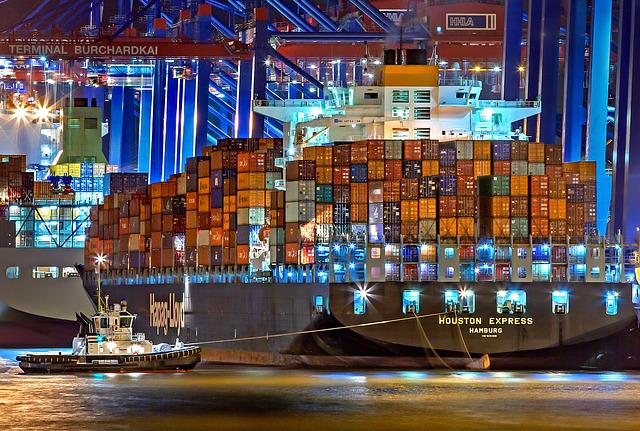 Print This Post
Print This Post- The Strategist - https://www.aspistrategist.org.au -
Troubles on the ‘Sea of Atlas’: the transatlantic partnership
Posted By Mike Scrafton on March 6, 2018 @ 06:00

Article printed from The Strategist: https://www.aspistrategist.org.au
URL to article: https://www.aspistrategist.org.au/troubles-sea-atlas-transatlantic-partnership/
[1] relationship between Europe and the US: https://www.palgrave.com/de/book/9781137574855
[2] headlines: http://www.scmp.com/news/world/europe/article/2131108/europe-trump-if-you-want-trade-war-youll-get-one
[3] top destination: https://geopoliticalfutures.com/us-cant-afford-trade-war-eu/?format=pdf
[4] American Chamber of Commerce: http://www.amchameu.eu/sites/default/files/170227_full-book.pdf
[5] reflected: http://www.globaltrademag.com/eu-trade/ross-us-still-open-ttip
[6] Transatlantic Trade and Investment Partnership: https://www.theguardian.com/business/2015/jul/03/what-is-ttip-controversial-trade-deal-explained
[7] Trans-Pacific Partnership: https://www.nytimes.com/interactive/2016/business/tpp-explained-what-is-trans-pacific-partnership.html
[8] weaker, and less relevant: https://www.securityconference.de/fileadmin/MunichSecurityReport/MunichSecurityReport_2016.pdf
[9] uncertainty about the transatlantic security partnership and about the United States: https://www.securityconference.de/en/discussion/munich-security-report/munich-security-report-2017/
[10] The US is no longer taking the lead: https://www.securityconference.de/en/discussion/munich-security-report/munich-security-report-2018/
[11] increasingly clear: https://www.politico.eu/article/defense-europe-transatlantic-tensions-spill-into-view-at-security-gathering/
[12] German Defence Minister: https://www.washingtonpost.com/world/german-defense-minister-slams-trumps-military-heavy-approach-to-security/2018/02/16/f0377a58-10e7-11e8-a68c-e9374188170e_story.html?utm_term=.019accac8bf8
[13] German Foreign Minister: http://www.dw.com/en/germanys-gabriel-we-need-a-european-moment/a-42624573
[14] recent poll: https://www.koerber-stiftung.de/fileadmin/user_upload/koerber-stiftung/redaktion/handlungsfeld_internationale-verstaendigung/pdf/2017/Einmischen-oder-zurueckhalten-2017_deutsch.pdf
[15] French Defence Minister: http://www.arabnews.com/node/1247681/world
[16] it is Europe now that has the greater: https://www.brookings.edu/wp-content/uploads/2018/02/fp_20180201_normal_is_over1.pdf
[17] Trump’s impact on European security: https://www.clingendael.org/sites/default/files/2018-01/Report_Trumps_Impact_on_European_Security.pdf
[18] security: https://www.whitehouse.gov/wp-content/uploads/2017/12/NSS-Final-12-18-2017-0905.pdf
[19] defence: https://www.defense.gov/Portals/1/Documents/pubs/2018-National-Defense-Strategy-Summary.pdf
[20] evisceration: https://www.bloomberg.com/view/articles/2018-02-16/trump-s-deep-cuts-to-state-department-budget-hurt-diplomacy
[21] concentrate on strategic autonomy: https://europa.eu/globalstrategy/sites/globalstrategy/files/regions/files/eugs_review_web_0.pdf
[22] a closer integration: http://eeas.europa.eu/archives/docs/china/docs/eu-china_2020_strategic_agenda_en.pdf
[23] Chinese economy: http://www.egmontinstitute.be/chinese-investment-in-europe-a-country-level-approach/
[24] hybrid Eurasian: http://bruegel.org/wp-content/uploads/2017/09/CHHJ5627_China_EU_Report_170913_WEB.pdf